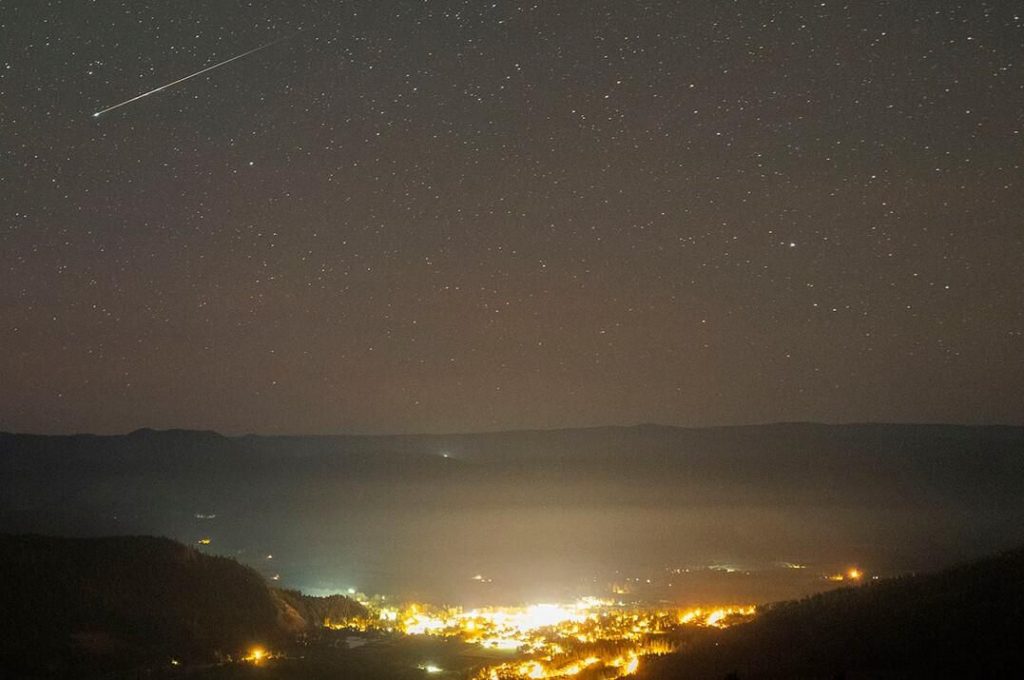The most anticipated night of the year for shooting-star spotting is still a couple of weeks away. It happens on Aug. 11, when the Perseids peak, but this week still offers a welcome warm-up courtesy of the Southern Delta Aquariid meteor shower.
Technically, the Delta Aquariids are visible in the Northern Hemisphere but make for better viewing from southern latitudes, hence the name. The shower peaked on Wednesday night and Thursday morning but itshould still be visible in the night sky for the next few evenings and early mornings.
«The Delta Aquariids are another strong shower best seen from the southern tropics,» says the American Meteor Society.
When viewed from further north, these meteors typically appear at lower rates and closer to the southern horizon. They’re also less bright than the more spectacular Perseids and produce fewer fireballs, but they can still make for a good training run for the more popular shower next month.
As the shower peaks, NASA says, you might expect to see up to 20 meteors per hour. That number will quickly slip to just a handful as the days proceed.
The source of the Delta Aquariids is thought to be the comet 96P Machholz, which swings through the inner solar system roughly every five years, leaving behind a trail of dust and debris. Each July, Earth passes through this cloud of cometary detritus, and tiny pebbles and other little leftovers smack into our atmosphere and put on a brief light show as they burn up.
This year, the shower will be competing a bit with a partial moon in the night sky. Your best bet is to go out in the evening before the moon comes up, and find a spot with a broad view of the sky and no light pollution.
Give your eyes at least 20 minutes to adjust to the dark and then lay back on a blanket our lounge chair, relax and just watch. If you’re in the Northern Hemisphere, best to orient yourself toward the southern horizon.
Set aside at least an hour for a viewing party, and enjoy, keeping in mind that the night skies get only more exciting in the coming weeks!
Follow CNET’s 2021 Space Calendar to stay up to date with all the latest space news this year. You can even add it to your own Google Calendar.
